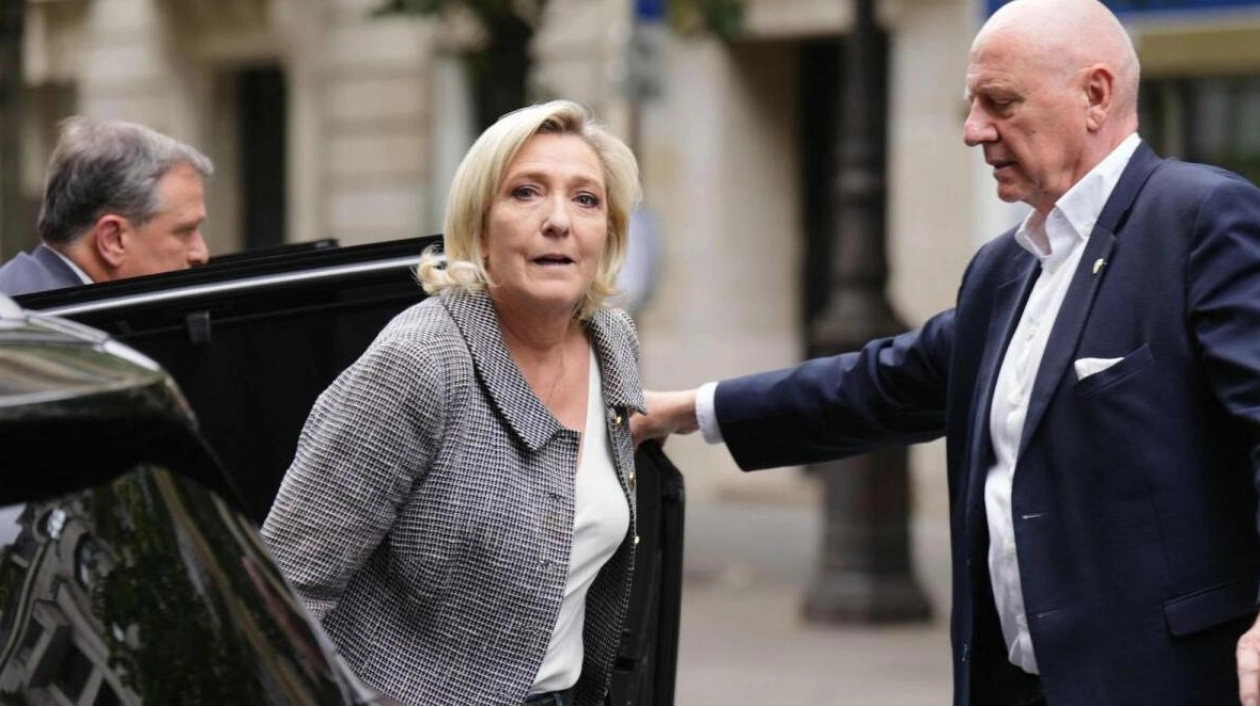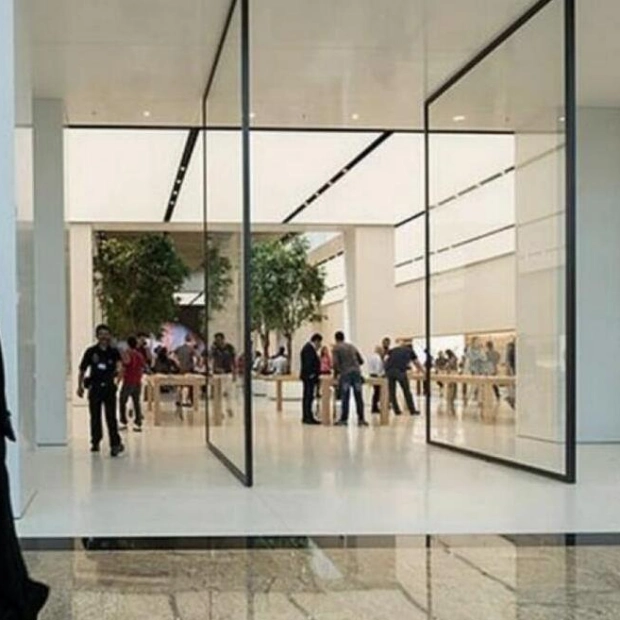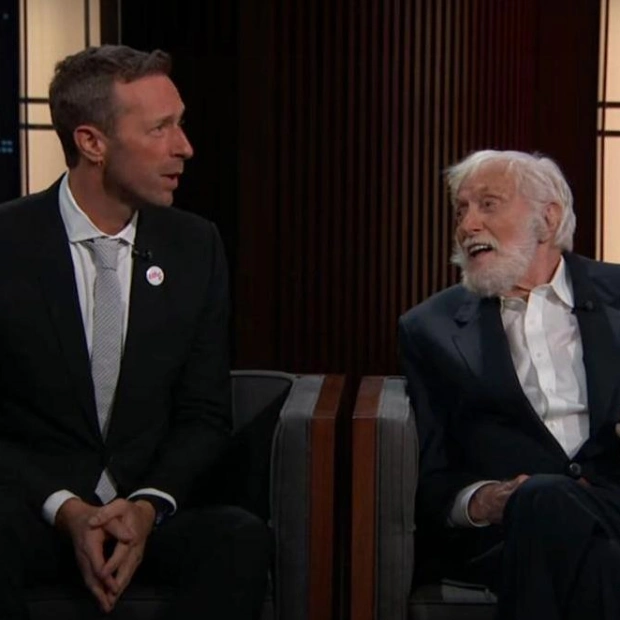On Monday, many of France's allies expressed relief as Marine Le Pen's far-right party did not win the snap election, but they also noted that a fragmented coalition from a hung parliament could create challenges for Europe. Le Pen's National Rally was expected to lead in the polls, potentially resulting in France's first far-right government since World War Two and disrupting economic and foreign policies in the euro zone's second-largest economy. Specifically, allies of Ukraine were concerned that a Le Pen-led government might reduce military support to Kyiv, which has been crucial since the Russian invasion in 2022, despite her party's recent stance on Russia as a threat.
The defeat of the National Rally temporarily counters the rise of far-right movements in Europe, but it may also lead to instability with a new government coexisting uneasily with President Emmanuel Macron. German Chancellor Olaf Scholz expressed relief that Macron did not need to accommodate Le Pen, while Vice-Chancellor Robert Habeck praised efforts to prevent a drift towards nationalism, which could complicate European affairs. Polish Prime Minister Donald Tusk highlighted the varied reactions from different capitals.
Le Pen's party planned to join a new alliance in the European Parliament led by Hungarian Prime Minister Viktor Orban, focusing on combating illegal immigration and reclaiming powers from Brussels. Macron called the snap election to regain initiative from Le Pen, but his party lagged behind a coalition of leftist parties. A fragmented parliament could diminish France's influence in the EU and complicate domestic policy implementation.
International reactions initially celebrated the avoidance of a far-right government. Nikos Androulakis of Greece's Socialist Pasok party praised the French for defending democratic principles. An EU official and a senior diplomat also expressed relief. Le Pen has previously shown admiration for President Vladimir Putin, but Kremlin spokesman Dmitry Peskov noted Russia's interest in the new French government without specific hopes for improved relations.
The election resulted in a divided French parliament with three major groups—left, centrists, and far right—each with distinct platforms and no history of collaboration. The left advocates for price caps on essentials and wage increases, despite France's high budget deficit. Italian and Portuguese far-right politicians criticized the election outcome, while Capital Economics noted that while France avoided the worst outcomes for investors, a fractious parliament could hinder necessary budget cuts to comply with EU rules.






